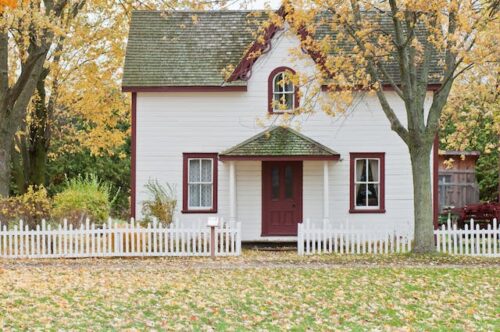
If you were injured on someone’s else property, like their home, you may have a cause of action. It will depend on the circumstances of both the injury and your presence in that space, but if you can meet the court’s evidentiary requirements, you have a good chance. Call an Essex County premises liability lawyer today if you’ve been injured. No one should have to face working toward both physical and legal recovery on their own. Read on and contact our legal team to learn whether you can sue a homeowner for a slip and fall and how we can help fight for the compensation you need.
Before the Slip and Fall: Invitees, Licensees, and Trespassers
The first hurdle you need to prepare yourself for if you are thinking about a slip-and-fall lawsuit deals with circumstances before even the actual injury. In some cases, it will be difficult to get a court to agree with you depending on why you were even on the property to begin with.
If you didn’t have any right to even be on the property, you may very well not be successful. It’s the difference between a customer slipping on a puddle in a store and a thief at midnight tripping over uneven, broken flooring.
Courts classify people on another’s property as one of three categories.
When a homeowner invites you to their property, you are an invitee. Guests like visiting family members are invitees. When the homeowner gives consent for you to be there, if they don’t directly invite you, you are a licensee. A plumber arriving to fix the faucet would be a licensee. Finally, a trespasser is someone with no right to be in that space. Our previous example of a thief in a store at midnight would be a trespasser.
Trespassers are typically barred from recovery in New Jersey if they get injured on another’s property. One exception to this rule is children. Although landowners may not have a duty of care toward trespassers, but children are a different matter. If the landowner has a dangerous condition of their property and reason to believe children might enter the property.
What Caused the Slip and Fall Determines Whether the Homeowner is Liable
The next step in proving to the court that they should allow you recovery concerns the hazard that led to your injury. The dangerous condition on the property has to be the kind of dangerous condition that establishes the homeowner as negligent.
The dangerous condition must have produced a risk of injury that the homeowner either knew or should have known about. Furthermore, the condition must be the result of the homeowner taking some unreasonable action, or remaining unreasonably inactive when action was warranted.
However, if you contributed to the risk through your negligence, if there was a clear and observable risk you should have or did notice, then New Jersey’s comparative negligence doctrine comes into play. The court will deduct from your recovery whatever percentage you were at fault.
